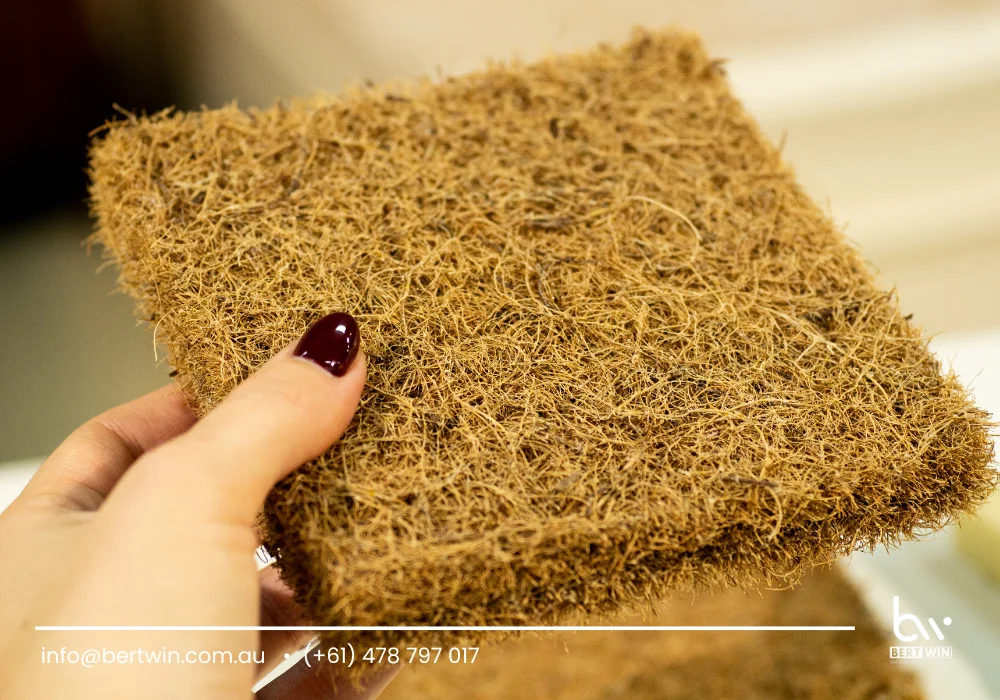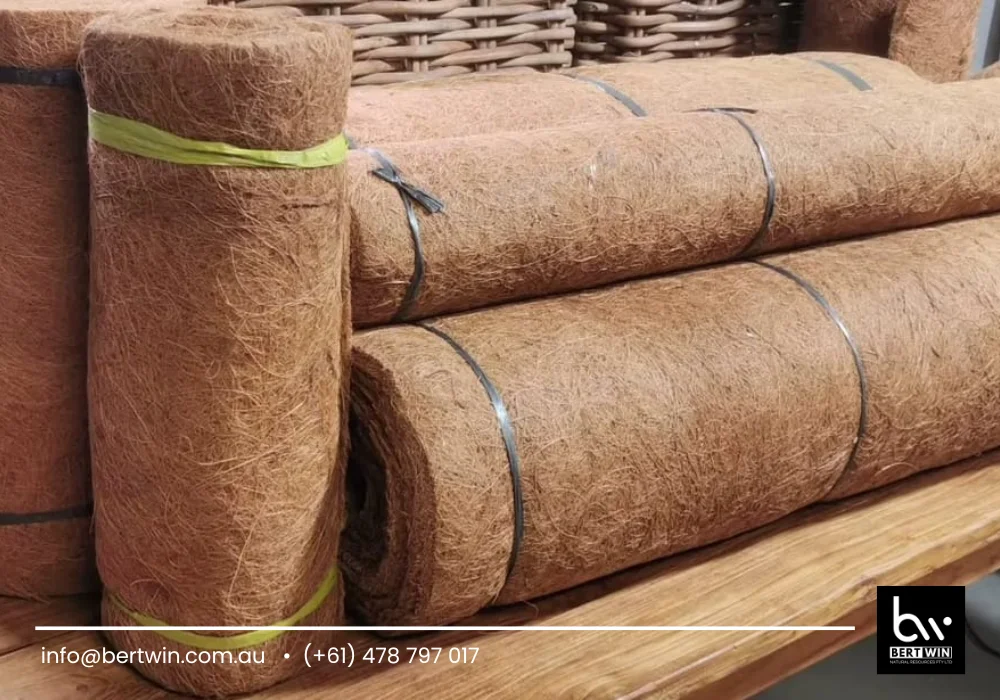Coco sheet used for a variety of purposes has become a popular choice across many industries due to its natural, sustainable, and versatile properties. Derived from coconut husks, coco sheets are a byproduct of the coconut processing industry, and they have found applications in agriculture, construction, and even in consumer products. This article will explore coco sheet used for various purposes, highlight common problems associated with its use, and provide solutions to ensure effective utilization of this eco-friendly material.

What is Coco Sheet Used For?
Coco sheet used for numerous applications, thanks to its durability, water retention, and eco-friendly nature. Coco sheets are essentially flattened fibers derived from the outer husk of coconuts. These sheets are widely used in agriculture, construction, and even as a material in the manufacturing of various products. Below are the most common uses of coco sheets.
- Agricultural Mulching: Coco sheets are often used as a natural alternative to synthetic mulch in agriculture. Their water retention properties help maintain soil moisture and protect crops from weeds and soil erosion.
- Soil Erosion Control: In landscaping and construction, coco sheets are used to prevent soil erosion, especially in areas prone to heavy rainfall. The sheets act as a barrier that stabilizes the soil and helps vegetation grow.
- Horticulture and Gardening: Coco sheets are also used in horticulture as protective mats for young plants, providing them with a stable growing environment and encouraging root development.
- Erosion Control in Construction: In construction, especially on slopes or riverbanks, coco sheets are used for stabilizing soil and promoting the growth of vegetation that can prevent further erosion.
- Consumer Products: Coco sheets have been incorporated into consumer goods, such as furniture, doormats, and bedding materials, due to their natural, biodegradable properties.
Common Problems in Using Coco Sheet and How to Solve Them

Despite its many uses, there are some challenges that can arise when working with coco sheet used for various applications. Below are a few common problems along with solutions to help optimize its use:
1. Degradation Over Time
One of the most common issues with coco sheet used for agricultural and construction purposes is that the sheets can degrade over time, especially when exposed to the elements. While coconut fibers are durable, prolonged exposure to water, UV rays, and physical wear can cause them to break down.
Solution: To prevent degradation, it is essential to treat the coco sheet with natural preservatives that can extend its lifespan. For agricultural applications, you can choose to use thicker coco sheets or layers of coconut coir that will last longer and provide better protection for the soil. In construction, applying a protective coating on the sheets or using them in combination with other materials such as geotextile fabrics can increase their durability.
2. Poor Water Retention in Some Environments
While coco sheets are known for their water retention properties, in extremely dry or hot climates, the material might not hold as much moisture as needed, especially when used for agriculture or gardening.
Solution: To improve water retention, consider combining coco sheets with other natural materials like compost or organic mulch. Additionally, coco sheets can be used in conjunction with irrigation systems that help ensure the plants receive adequate water, even in dry conditions.
3. Availability and Quality of Coco Sheets
Not all coco sheets are created equal, and the quality of the material can vary greatly. Some coco sheets may be too thin or poorly woven, making them less effective for their intended use.
Solution: Ensure that you source coco sheets from reputable suppliers that offer high-quality products. Look for certifications or reviews to ensure that the coco sheets are made from well-processed coconut husks and meet the necessary standards for durability and performance. If you need a thicker or stronger material, some suppliers offer customized coco sheets that suit specific needs.
4. Pest and Fungal Growth
Like any organic material, coco sheets can be susceptible to pests or fungal growth, especially when exposed to moisture and humidity over extended periods. This can be a particular concern in agricultural uses, where pests or mold can damage crops or plants.
Solution: Regular inspection and maintenance are key to preventing pests and fungi. In agricultural settings, rotating coco sheets periodically and ensuring they are not overly saturated with water can help prevent mold growth. Additionally, applying natural anti-fungal treatments or using coco sheets that have been pre-treated for pest resistance can further mitigate this risk.
5. Cost and Accessibility
For some businesses or individuals, the cost of coco sheet used for specific applications can be a barrier, especially when large quantities are needed. Additionally, depending on your location, coco sheets might not be readily available, which can delay projects or increase costs.
Solution: Consider bulk purchasing or working with local distributors who can offer competitive pricing and help reduce transportation costs. In some cases, investing in the right supplier network can also help reduce overall costs. If coco sheets are not available locally, consider using alternative materials that offer similar benefits, such as coir mats or mats made from jute or hemp, which are often more accessible.

Conclusion
Coco sheet used for a variety of applications has proven to be a highly valuable and eco-friendly material in industries ranging from agriculture to construction. While there are some challenges related to degradation, water retention, and pest control, these issues can be effectively managed with the right solutions. By taking proper care and choosing high-quality products, coco sheets can provide lasting benefits for both environmental sustainability and practical uses.
For more information on coco sheet used for or to purchase high-quality coconut products, feel free to contact us via WhatsApp at (+61) 478797017 or email info@bertwin.com.au. We are here to assist with your needs and provide reliable solutions.
